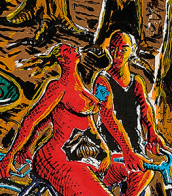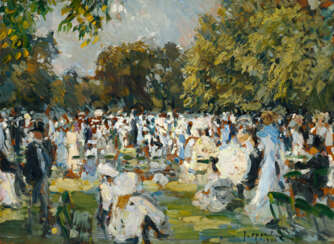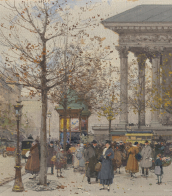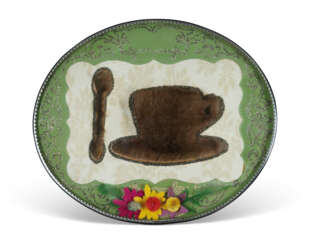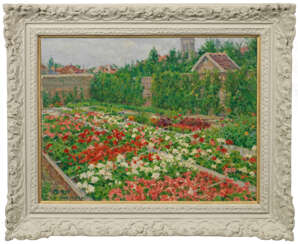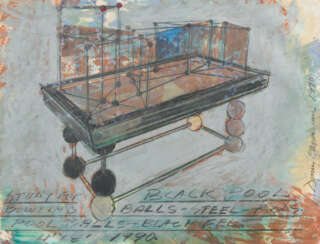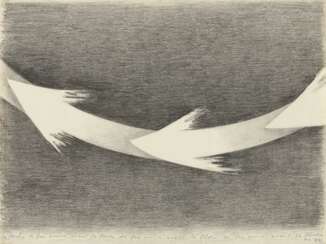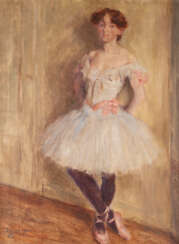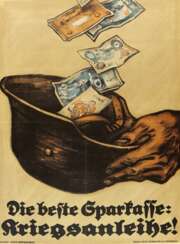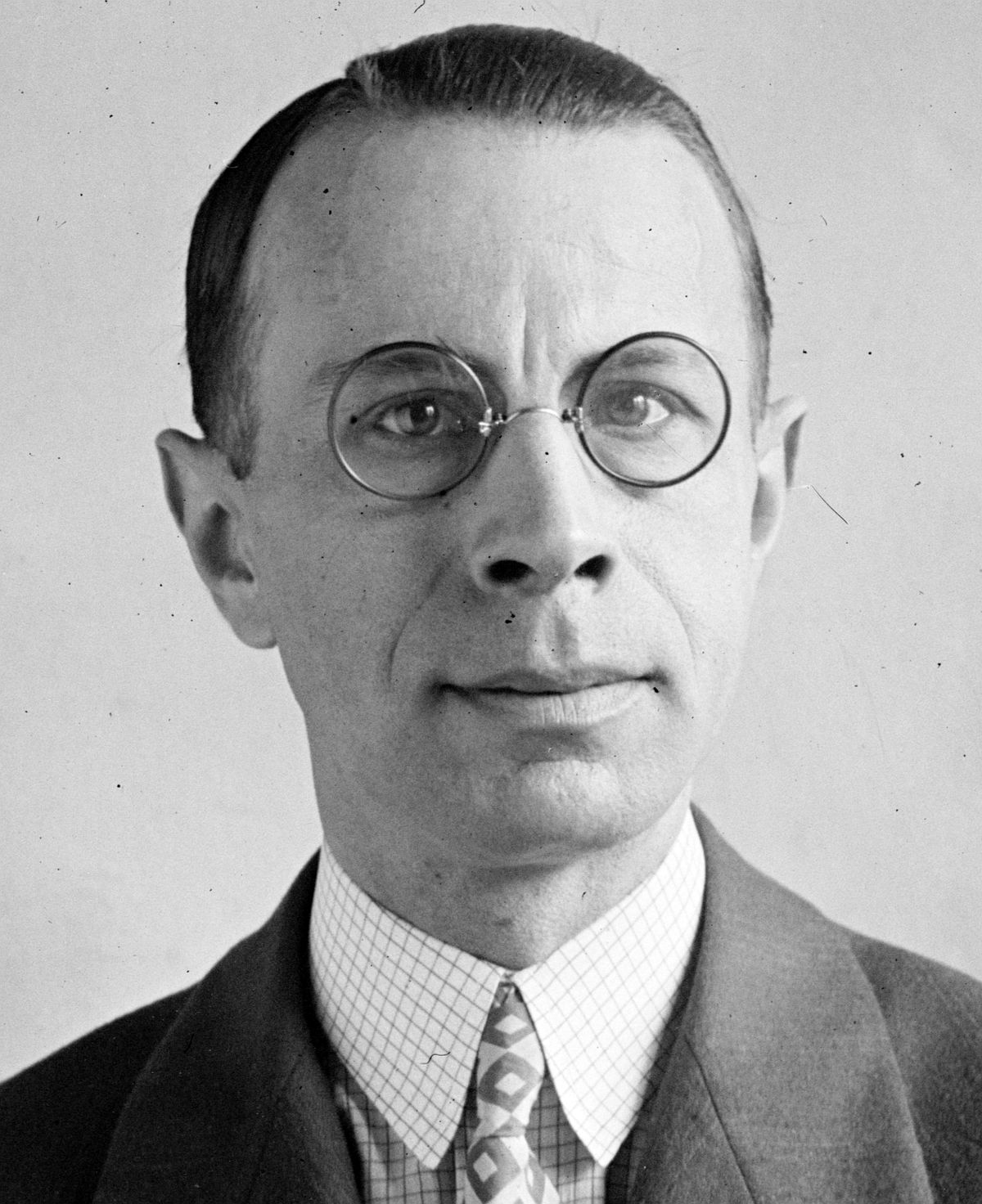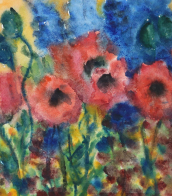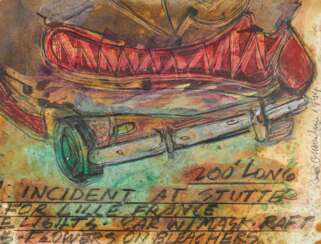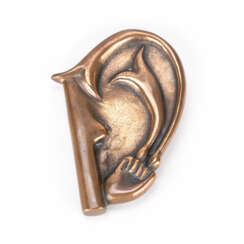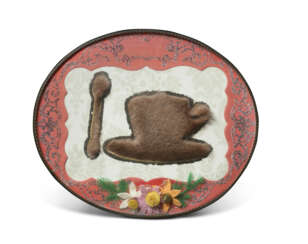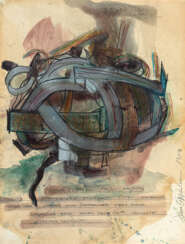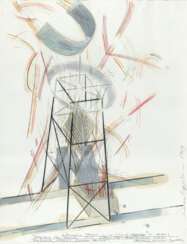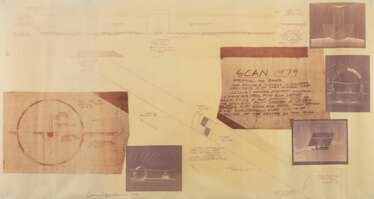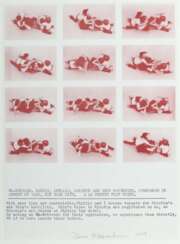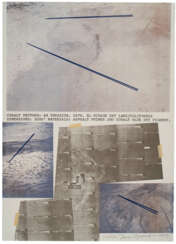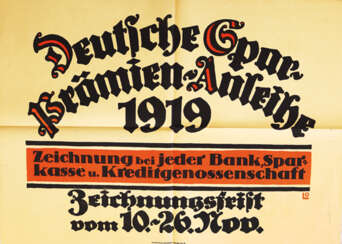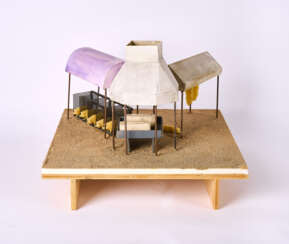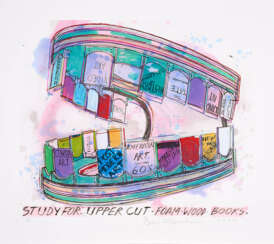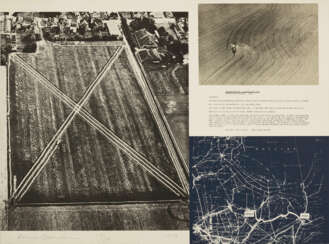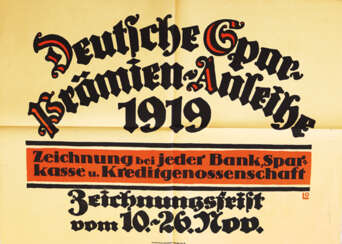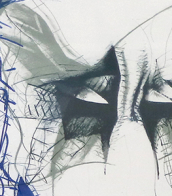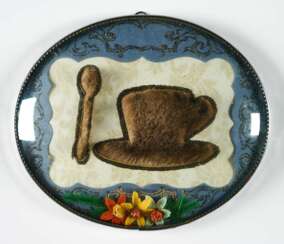oppen
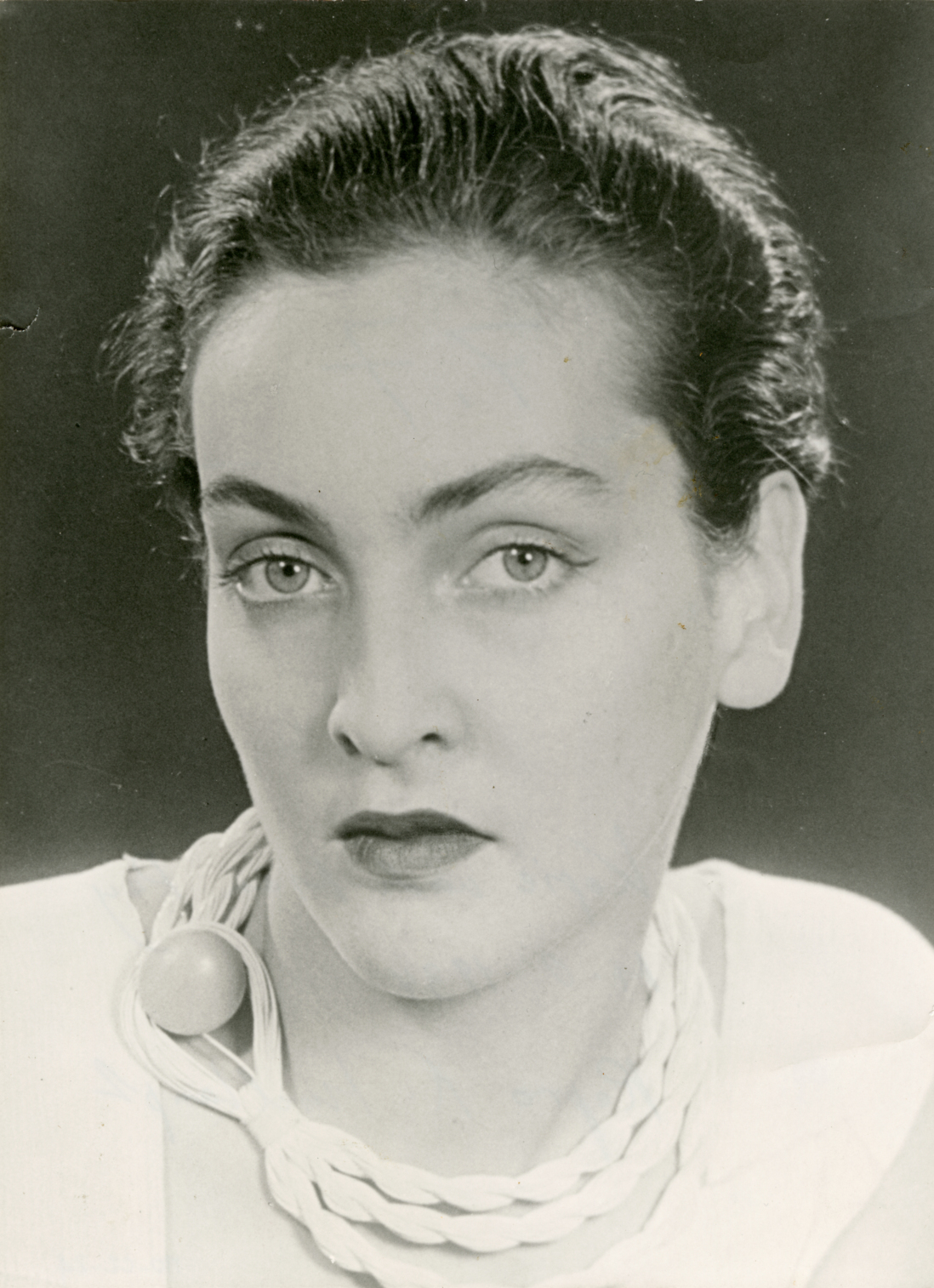
Meret Oppenheim was a Swiss artist. She is best known for her surrealist sculptures and objects, which often featured everyday objects that had been transformed through unexpected combinations and juxtapositions.
Oppenheim was part of the surrealist movement, which aimed to liberate the unconscious mind and challenge traditional ideas about art and reality. Her most famous work is "Object" (1936), a fur-covered teacup, saucer, and spoon that has become an iconic symbol of surrealist art.
Oppenheim's work often explored themes of gender and sexuality, and she was interested in the idea of transforming everyday objects into works of art. She frequently used materials such as fur, leather, and feathers in her work, which added a tactile element to her sculptures.
Oppenheim was also an accomplished painter and photographer, and her work often incorporated elements of these mediums as well. She was a trailblazer for women in the art world and was one of the few female artists to achieve recognition during the male-dominated surrealist movement.
Today, Oppenheim's work is celebrated for its wit, humor, and subversive power, and she is considered one of the most important artists of the 20th century.
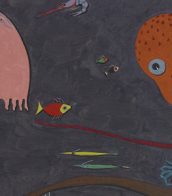
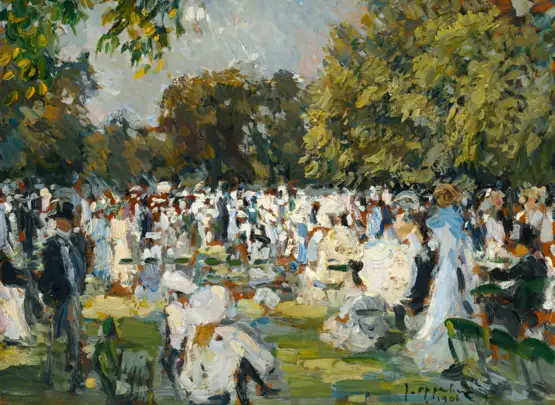
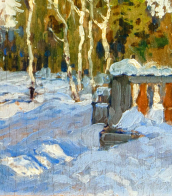

Meret Oppenheim was a Swiss artist. She is best known for her surrealist sculptures and objects, which often featured everyday objects that had been transformed through unexpected combinations and juxtapositions.
Oppenheim was part of the surrealist movement, which aimed to liberate the unconscious mind and challenge traditional ideas about art and reality. Her most famous work is "Object" (1936), a fur-covered teacup, saucer, and spoon that has become an iconic symbol of surrealist art.
Oppenheim's work often explored themes of gender and sexuality, and she was interested in the idea of transforming everyday objects into works of art. She frequently used materials such as fur, leather, and feathers in her work, which added a tactile element to her sculptures.
Oppenheim was also an accomplished painter and photographer, and her work often incorporated elements of these mediums as well. She was a trailblazer for women in the art world and was one of the few female artists to achieve recognition during the male-dominated surrealist movement.
Today, Oppenheim's work is celebrated for its wit, humor, and subversive power, and she is considered one of the most important artists of the 20th century.
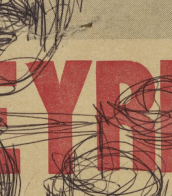
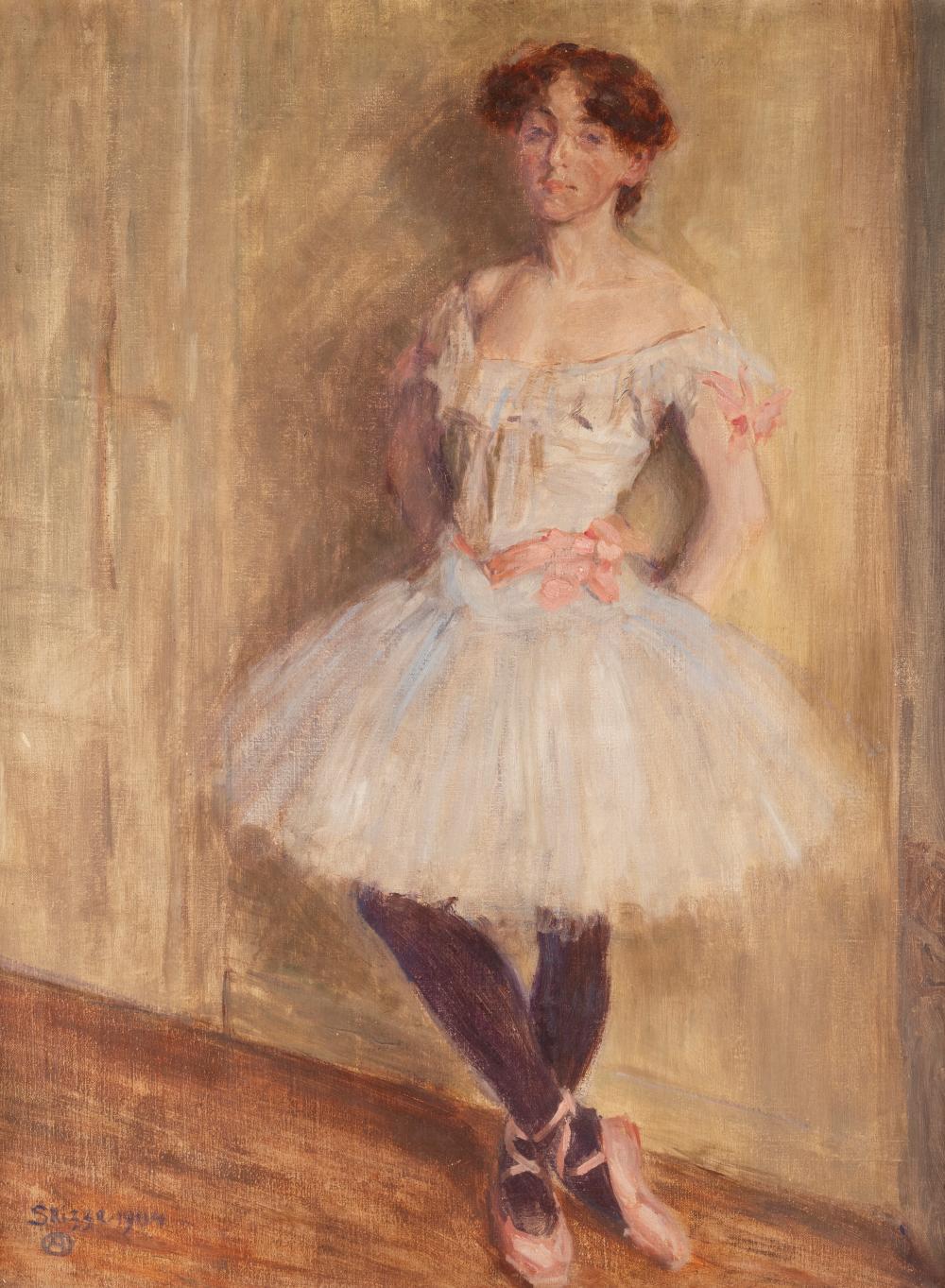
Alfred Nathaniel Oppenheim was a German artist.
Although Alfred Oppenheim was successful as an artist, for example as a portraitist of the Frankfurt bourgeoisie, he had further activities. Educated in Paris as a jeweler, he worked in the style of French Art Nouveau, which was an exception in Germany at that time, although he is more associated with German impressionism.
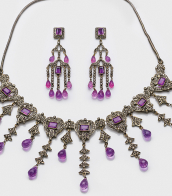

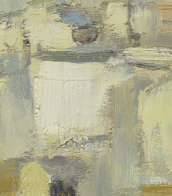


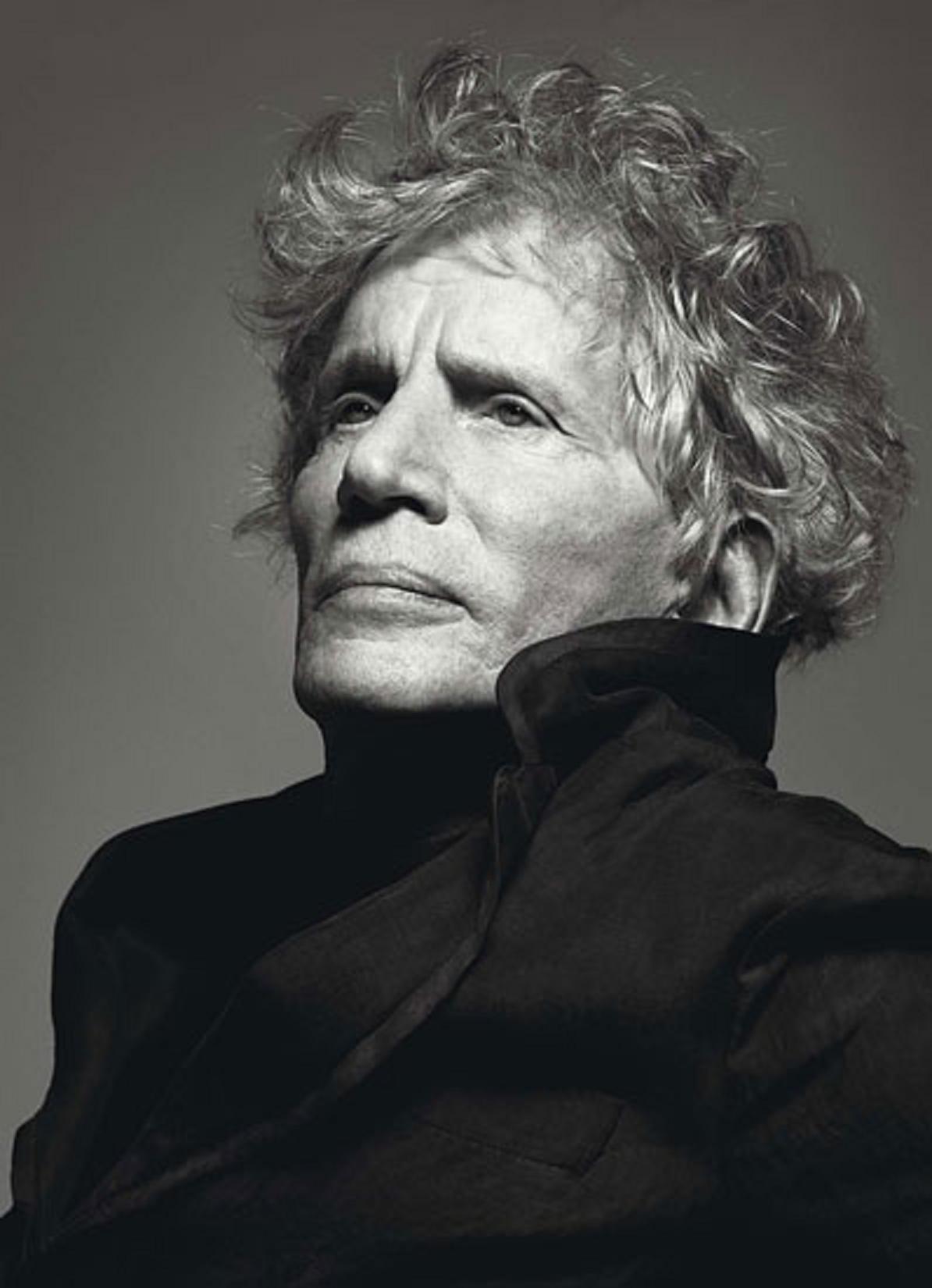
Dennis Oppenheim was an American conceptual artist, performance artist, earth artist, sculptor and photographer. Dennis Oppenheim's early artistic practice is an epistemological questioning about the nature of art, the making of art and the definition of art: a meta-art that arose when strategies of the Minimalists were expanded to focus on site and context. As well as an aesthetic agenda, the work progressed from perceptions of the physical properties of the gallery to the social and political context, largely taking the form of permanent public sculpture in the last two decades of a highly prolific career, whose diversity could exasperate his critics.
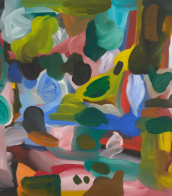

Meret Oppenheim was a Swiss artist. She is best known for her surrealist sculptures and objects, which often featured everyday objects that had been transformed through unexpected combinations and juxtapositions.
Oppenheim was part of the surrealist movement, which aimed to liberate the unconscious mind and challenge traditional ideas about art and reality. Her most famous work is "Object" (1936), a fur-covered teacup, saucer, and spoon that has become an iconic symbol of surrealist art.
Oppenheim's work often explored themes of gender and sexuality, and she was interested in the idea of transforming everyday objects into works of art. She frequently used materials such as fur, leather, and feathers in her work, which added a tactile element to her sculptures.
Oppenheim was also an accomplished painter and photographer, and her work often incorporated elements of these mediums as well. She was a trailblazer for women in the art world and was one of the few female artists to achieve recognition during the male-dominated surrealist movement.
Today, Oppenheim's work is celebrated for its wit, humor, and subversive power, and she is considered one of the most important artists of the 20th century.
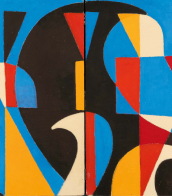

Alfred Nathaniel Oppenheim was a German artist.
Although Alfred Oppenheim was successful as an artist, for example as a portraitist of the Frankfurt bourgeoisie, he had further activities. Educated in Paris as a jeweler, he worked in the style of French Art Nouveau, which was an exception in Germany at that time, although he is more associated with German impressionism.


Dennis Oppenheim was an American conceptual artist, performance artist, earth artist, sculptor and photographer. Dennis Oppenheim's early artistic practice is an epistemological questioning about the nature of art, the making of art and the definition of art: a meta-art that arose when strategies of the Minimalists were expanded to focus on site and context. As well as an aesthetic agenda, the work progressed from perceptions of the physical properties of the gallery to the social and political context, largely taking the form of permanent public sculpture in the last two decades of a highly prolific career, whose diversity could exasperate his critics.
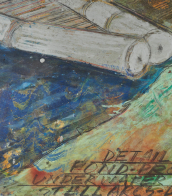

Dennis Oppenheim was an American conceptual artist, performance artist, earth artist, sculptor and photographer. Dennis Oppenheim's early artistic practice is an epistemological questioning about the nature of art, the making of art and the definition of art: a meta-art that arose when strategies of the Minimalists were expanded to focus on site and context. As well as an aesthetic agenda, the work progressed from perceptions of the physical properties of the gallery to the social and political context, largely taking the form of permanent public sculpture in the last two decades of a highly prolific career, whose diversity could exasperate his critics.


Meret Oppenheim was a Swiss artist. She is best known for her surrealist sculptures and objects, which often featured everyday objects that had been transformed through unexpected combinations and juxtapositions.
Oppenheim was part of the surrealist movement, which aimed to liberate the unconscious mind and challenge traditional ideas about art and reality. Her most famous work is "Object" (1936), a fur-covered teacup, saucer, and spoon that has become an iconic symbol of surrealist art.
Oppenheim's work often explored themes of gender and sexuality, and she was interested in the idea of transforming everyday objects into works of art. She frequently used materials such as fur, leather, and feathers in her work, which added a tactile element to her sculptures.
Oppenheim was also an accomplished painter and photographer, and her work often incorporated elements of these mediums as well. She was a trailblazer for women in the art world and was one of the few female artists to achieve recognition during the male-dominated surrealist movement.
Today, Oppenheim's work is celebrated for its wit, humor, and subversive power, and she is considered one of the most important artists of the 20th century.
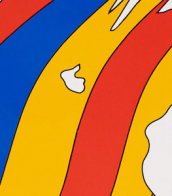

Meret Oppenheim was a Swiss artist. She is best known for her surrealist sculptures and objects, which often featured everyday objects that had been transformed through unexpected combinations and juxtapositions.
Oppenheim was part of the surrealist movement, which aimed to liberate the unconscious mind and challenge traditional ideas about art and reality. Her most famous work is "Object" (1936), a fur-covered teacup, saucer, and spoon that has become an iconic symbol of surrealist art.
Oppenheim's work often explored themes of gender and sexuality, and she was interested in the idea of transforming everyday objects into works of art. She frequently used materials such as fur, leather, and feathers in her work, which added a tactile element to her sculptures.
Oppenheim was also an accomplished painter and photographer, and her work often incorporated elements of these mediums as well. She was a trailblazer for women in the art world and was one of the few female artists to achieve recognition during the male-dominated surrealist movement.
Today, Oppenheim's work is celebrated for its wit, humor, and subversive power, and she is considered one of the most important artists of the 20th century.
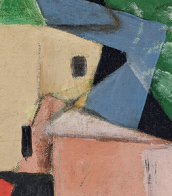

Dennis Oppenheim was an American conceptual artist, performance artist, earth artist, sculptor and photographer. Dennis Oppenheim's early artistic practice is an epistemological questioning about the nature of art, the making of art and the definition of art: a meta-art that arose when strategies of the Minimalists were expanded to focus on site and context. As well as an aesthetic agenda, the work progressed from perceptions of the physical properties of the gallery to the social and political context, largely taking the form of permanent public sculpture in the last two decades of a highly prolific career, whose diversity could exasperate his critics.
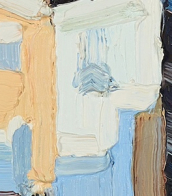

Meret Oppenheim was a Swiss artist. She is best known for her surrealist sculptures and objects, which often featured everyday objects that had been transformed through unexpected combinations and juxtapositions.
Oppenheim was part of the surrealist movement, which aimed to liberate the unconscious mind and challenge traditional ideas about art and reality. Her most famous work is "Object" (1936), a fur-covered teacup, saucer, and spoon that has become an iconic symbol of surrealist art.
Oppenheim's work often explored themes of gender and sexuality, and she was interested in the idea of transforming everyday objects into works of art. She frequently used materials such as fur, leather, and feathers in her work, which added a tactile element to her sculptures.
Oppenheim was also an accomplished painter and photographer, and her work often incorporated elements of these mediums as well. She was a trailblazer for women in the art world and was one of the few female artists to achieve recognition during the male-dominated surrealist movement.
Today, Oppenheim's work is celebrated for its wit, humor, and subversive power, and she is considered one of the most important artists of the 20th century.
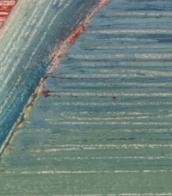

Dennis Oppenheim was an American conceptual artist, performance artist, earth artist, sculptor and photographer. Dennis Oppenheim's early artistic practice is an epistemological questioning about the nature of art, the making of art and the definition of art: a meta-art that arose when strategies of the Minimalists were expanded to focus on site and context. As well as an aesthetic agenda, the work progressed from perceptions of the physical properties of the gallery to the social and political context, largely taking the form of permanent public sculpture in the last two decades of a highly prolific career, whose diversity could exasperate his critics.
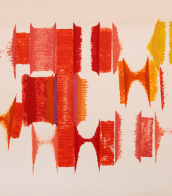

Dennis Oppenheim was an American conceptual artist, performance artist, earth artist, sculptor and photographer. Dennis Oppenheim's early artistic practice is an epistemological questioning about the nature of art, the making of art and the definition of art: a meta-art that arose when strategies of the Minimalists were expanded to focus on site and context. As well as an aesthetic agenda, the work progressed from perceptions of the physical properties of the gallery to the social and political context, largely taking the form of permanent public sculpture in the last two decades of a highly prolific career, whose diversity could exasperate his critics.
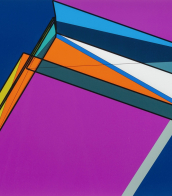

Dennis Oppenheim was an American conceptual artist, performance artist, earth artist, sculptor and photographer. Dennis Oppenheim's early artistic practice is an epistemological questioning about the nature of art, the making of art and the definition of art: a meta-art that arose when strategies of the Minimalists were expanded to focus on site and context. As well as an aesthetic agenda, the work progressed from perceptions of the physical properties of the gallery to the social and political context, largely taking the form of permanent public sculpture in the last two decades of a highly prolific career, whose diversity could exasperate his critics.


Dennis Oppenheim was an American conceptual artist, performance artist, earth artist, sculptor and photographer. Dennis Oppenheim's early artistic practice is an epistemological questioning about the nature of art, the making of art and the definition of art: a meta-art that arose when strategies of the Minimalists were expanded to focus on site and context. As well as an aesthetic agenda, the work progressed from perceptions of the physical properties of the gallery to the social and political context, largely taking the form of permanent public sculpture in the last two decades of a highly prolific career, whose diversity could exasperate his critics.
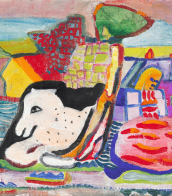

Dennis Oppenheim was an American conceptual artist, performance artist, earth artist, sculptor and photographer. Dennis Oppenheim's early artistic practice is an epistemological questioning about the nature of art, the making of art and the definition of art: a meta-art that arose when strategies of the Minimalists were expanded to focus on site and context. As well as an aesthetic agenda, the work progressed from perceptions of the physical properties of the gallery to the social and political context, largely taking the form of permanent public sculpture in the last two decades of a highly prolific career, whose diversity could exasperate his critics.
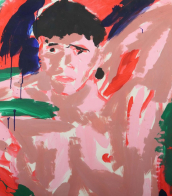

Dennis Oppenheim was an American conceptual artist, performance artist, earth artist, sculptor and photographer. Dennis Oppenheim's early artistic practice is an epistemological questioning about the nature of art, the making of art and the definition of art: a meta-art that arose when strategies of the Minimalists were expanded to focus on site and context. As well as an aesthetic agenda, the work progressed from perceptions of the physical properties of the gallery to the social and political context, largely taking the form of permanent public sculpture in the last two decades of a highly prolific career, whose diversity could exasperate his critics.
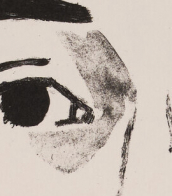

Dennis Oppenheim was an American conceptual artist, performance artist, earth artist, sculptor and photographer. Dennis Oppenheim's early artistic practice is an epistemological questioning about the nature of art, the making of art and the definition of art: a meta-art that arose when strategies of the Minimalists were expanded to focus on site and context. As well as an aesthetic agenda, the work progressed from perceptions of the physical properties of the gallery to the social and political context, largely taking the form of permanent public sculpture in the last two decades of a highly prolific career, whose diversity could exasperate his critics.
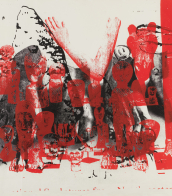

Dennis Oppenheim was an American conceptual artist, performance artist, earth artist, sculptor and photographer. Dennis Oppenheim's early artistic practice is an epistemological questioning about the nature of art, the making of art and the definition of art: a meta-art that arose when strategies of the Minimalists were expanded to focus on site and context. As well as an aesthetic agenda, the work progressed from perceptions of the physical properties of the gallery to the social and political context, largely taking the form of permanent public sculpture in the last two decades of a highly prolific career, whose diversity could exasperate his critics.
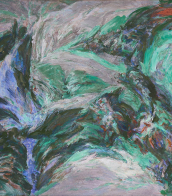

Dennis Oppenheim was an American conceptual artist, performance artist, earth artist, sculptor and photographer. Dennis Oppenheim's early artistic practice is an epistemological questioning about the nature of art, the making of art and the definition of art: a meta-art that arose when strategies of the Minimalists were expanded to focus on site and context. As well as an aesthetic agenda, the work progressed from perceptions of the physical properties of the gallery to the social and political context, largely taking the form of permanent public sculpture in the last two decades of a highly prolific career, whose diversity could exasperate his critics.


Meret Oppenheim was a Swiss artist. She is best known for her surrealist sculptures and objects, which often featured everyday objects that had been transformed through unexpected combinations and juxtapositions.
Oppenheim was part of the surrealist movement, which aimed to liberate the unconscious mind and challenge traditional ideas about art and reality. Her most famous work is "Object" (1936), a fur-covered teacup, saucer, and spoon that has become an iconic symbol of surrealist art.
Oppenheim's work often explored themes of gender and sexuality, and she was interested in the idea of transforming everyday objects into works of art. She frequently used materials such as fur, leather, and feathers in her work, which added a tactile element to her sculptures.
Oppenheim was also an accomplished painter and photographer, and her work often incorporated elements of these mediums as well. She was a trailblazer for women in the art world and was one of the few female artists to achieve recognition during the male-dominated surrealist movement.
Today, Oppenheim's work is celebrated for its wit, humor, and subversive power, and she is considered one of the most important artists of the 20th century.
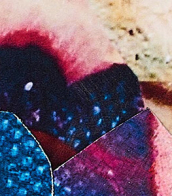

Meret Oppenheim was a Swiss artist. She is best known for her surrealist sculptures and objects, which often featured everyday objects that had been transformed through unexpected combinations and juxtapositions.
Oppenheim was part of the surrealist movement, which aimed to liberate the unconscious mind and challenge traditional ideas about art and reality. Her most famous work is "Object" (1936), a fur-covered teacup, saucer, and spoon that has become an iconic symbol of surrealist art.
Oppenheim's work often explored themes of gender and sexuality, and she was interested in the idea of transforming everyday objects into works of art. She frequently used materials such as fur, leather, and feathers in her work, which added a tactile element to her sculptures.
Oppenheim was also an accomplished painter and photographer, and her work often incorporated elements of these mediums as well. She was a trailblazer for women in the art world and was one of the few female artists to achieve recognition during the male-dominated surrealist movement.
Today, Oppenheim's work is celebrated for its wit, humor, and subversive power, and she is considered one of the most important artists of the 20th century.
